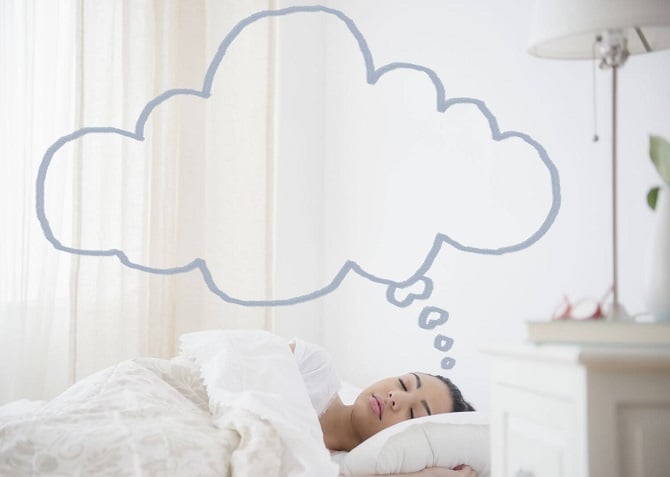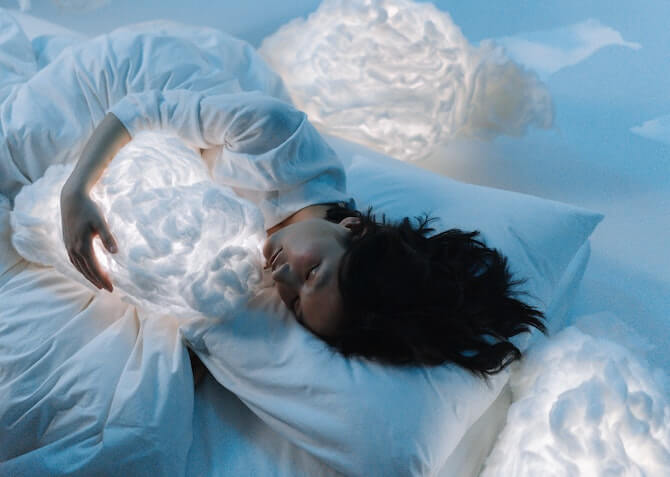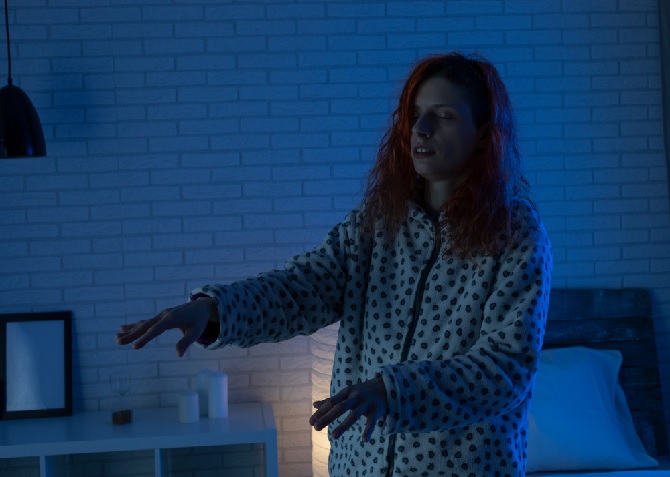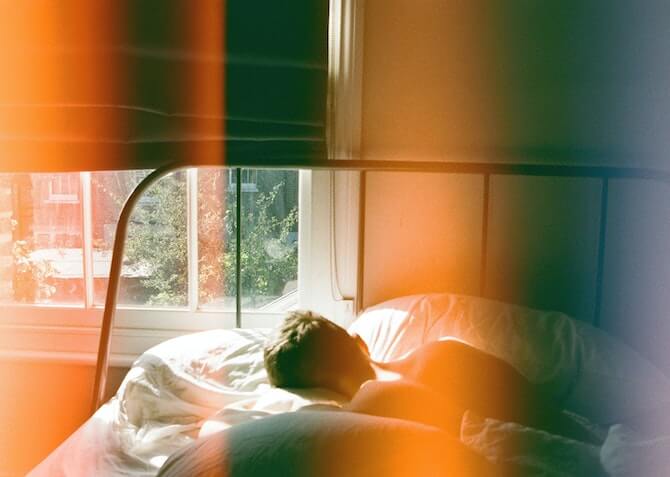
101 Crazy Sleep Facts You Might Not Know (Part 3)
Prepare for more mind-blowing sleep facts in part three of our 101 crazy sleep facts series!
Dreams

- Noise and temperature can affect your dreams and actually become part of the dream itself. An example would be if you fall asleep in a room with a blaring television, the sounds from the TV may leak into your dream.
The dialogue or music playing on the television might blend with the dream scenario, creating a unique and sometimes bizarre mix of reality and imagination.
- Lucid Dreaming is when a person becomes aware that they are dreaming and can actively participate and control the dream's content. Learning and practising lucid dreaming is indeed possible for most individuals.
While some people naturally experience lucid dreams without any effort, others may need to develop specific techniques and strategies to increase their chances of achieving lucidity during sleep.
- While most dreams are quickly forgotten upon waking up, blind people often report more vivid and intense dreams since their brains compensate for the lack of visual stimuli.
The longest recorded dream in history is truly mind-boggling, lasting an astonishing 14 years! A man named J.W Dunne went through this crazy experience, who not only spent an extensive amount of time in his dream state but also claimed to have lived an entire alternate life within it.
- The brain is highly active during sleep, and certain areas even show increased activity compared to when we're awake. Sleep not only helps with memory consolidation and emotional processing but also plays a major role in maintaining the overall health and functioning of the brain.
More Problems?!

- Insomnia is the most common sleep disorder, characterised by difficulty falling asleep or staying asleep.
- Sleep paralysis is a scary condition in which a person is unable to move or speak while falling asleep or waking up. It often accompanies vivid visions, leading to a sense of impending doom.
- Parasomnia refers to a group of sleep disorders that involve abnormal movements, behaviours, emotions, and perceptions during sleep. Examples include sleepwalking, sleep eating, and sleep paralysis.
- Some people experience a rare sleep disorder called sleep drunkenness, where they feel extremely unsettled and confused upon waking up. It can last for several minutes or, worryingly, even hours.
- An increased risk of developing conditions such as obesity, diabetes and heart disease has been linked to consistently missing sleep.
- Sleep talking, also known as somniloquy, is more common in children than adults. It occurs during non-REM sleep and can range from little grunts or mumbled sounds to full-blown sentences.
That's Interesting

- Did you know that humans are the only mammals that willingly delay sleep? Other animals tend to prioritise sleep and rest without hesitation.
- Even with the portrayal of learning during sleep in TV and film, there is no real evidence to prove that you can really grasp complex ideas or acquire new skills while being asleep.
- The concept of "beauty sleep" is not just a saying. During deep sleep, the body releases growth hormones that help repair and regenerate skin cells, promoting a healthy and youthful appearance.
- Sleepwalking, also known as somnambulism, occurs more frequently in children than adults.
- The temperature of your bedroom can impact the quality of your sleep. Ideally, it should be around 60 to 67 degrees Fahrenheit (15 to 19 degrees Celsius) for optimal sleep conditions.
- The term "somnology" refers to the scientific study of sleep and its disorders.
It's All About You

- Sleeping on a regular schedule can help regulate the body's internal clock and improve overall sleep quality.
- Exposure to natural light during the day can help regulate the sleep-wake cycle and improve sleep quality.
- The term "circadian rhythm" refers to the internal biological process that regulates the sleep-wake cycle and other physical functions.
- The position you sleep in can affect snoring and the likelihood of experiencing acid reflux. Maybe it's worth having a look at Dormeo's collection of mattresses.
- The quality of your mattress and pillow can significantly impact the comfort and quality of your sleep. Dormeo has a great range of hypoallergenic bedding including pillows.
- Getting into sleep debt (the difference between the amount of sleep you need and the amount you actually get) can lead to many health issues., including decreased cognitive function, mood disturbances, and increased risk of chronic conditions like obesity and heart disease.









Leave a Reply